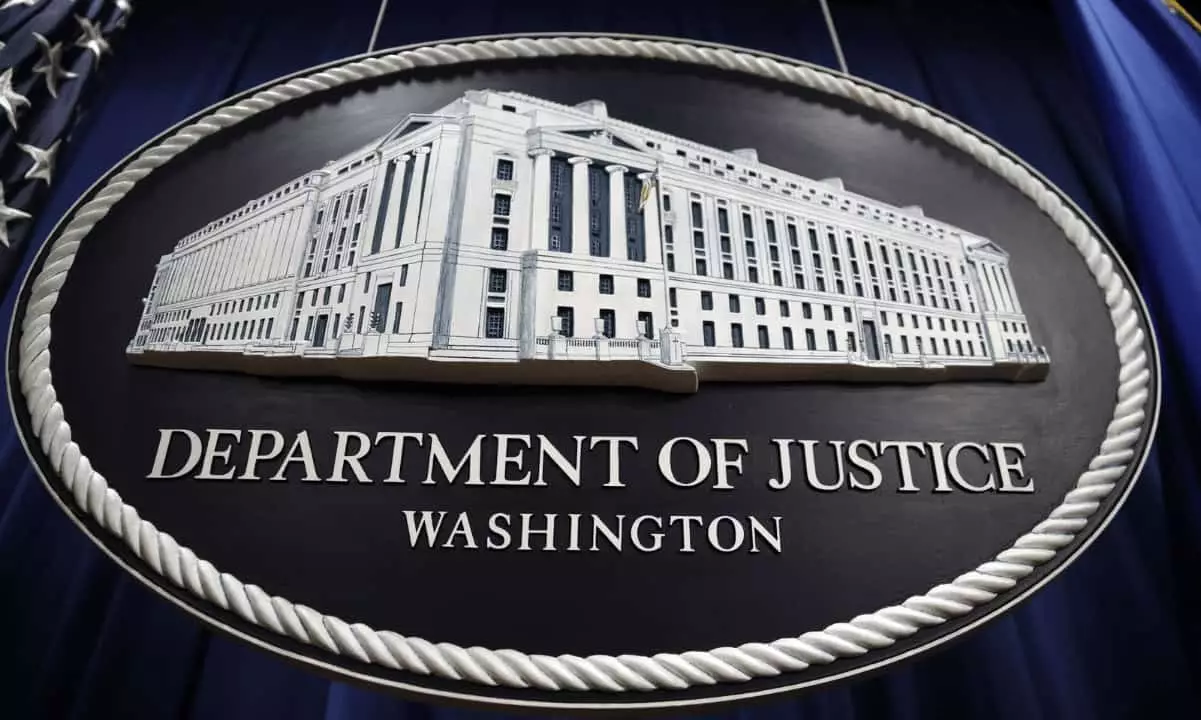Maximiliano Pilipis, a 53-year-old from Noblesville, Indiana, stands at the center of a significant legal battle after a federal grand jury indicted him on multiple charges, including five counts of money laundering and two counts of failing to file tax returns. The crux of the indictment is that Pilipis allegedly engaged in extensive money-laundering activities via an unlicensed virtual currency exchange called AurumXchange. Furthermore, he allegedly allowed his platform to facilitate transactions connected to the notorious Silk Road, a darknet marketplace infamous for illegal drug trafficking and other illicit trades.
The specifics outlined in the indictment reveal that AurumXchange was operational from 2009 to 2013 and facilitated an overwhelming number of transactions—over 100,000, totaling more than $30 million. Such staggering figures suggest that Pilipis had carved out a significant niche in the virtual currency arena, albeit operating outside the bounds of U.S. law. The Justice Department asserts that his practices not only flouted legal requirements but also posed risks to the national financial system and global security.
The alleged operations of AurumXchange paint a rather alarming picture. Pilipis purportedly capitalized on the growing demand for cryptocurrency exchanges, all while evading crucial regulations. U.S. law stipulates that money transmitters must adhere to strict protocols, including customer identity verification and transaction reporting. However, AurumXchange allegedly permitted transactions from anonymous accounts, a move that raises concerns regarding the potential facilitation of criminal activities.
Moreover, the platform reportedly became a hotbed for transactions related to Silk Road, allowing users to convert their cryptocurrencies into U.S. dollars or foreign currencies without proper oversight. This lack of regulation has drawn the ire of the Justice Department, which labels such activities as tantamount to facilitating money laundering on a substantial scale. The urgent need for regulatory measures in the cryptocurrency space is highlighted by this case, as it underscores the potential for misuse inherent in virtual currency transactions.
What followed after AurumXchange ceased operations in 2013 is equally alarming. Prosecutors allege that Pilipis actively sought to divide and conceal the Bitcoin earnings generated from his previously unlicensed enterprise. The transaction of these digital assets into fiat currency and the subsequent investment in real estate properties indicate both an attempt to launder the proceeds and a blatant disregard for federal tax laws. His failure to file federal income tax returns in 2019 and 2020, despite generating substantial income, adds another layer of complications to his legal plight.
Such maneuvers have broader implications beyond just one individual case; they reflect ongoing challenges in adequately governing the cryptocurrency sector. As digital currencies continue to gain traction, the potential for exploitation remains high, beckoning greater scrutiny from regulatory bodies.
The case of Maximiliano Pilipis serves as a stark reminder of the dark side of the burgeoning cryptocurrency market. The Department of Justice has identified combating the criminal misuse of these digital assets as a critical priority, suggesting that other individuals may similarly operate in the shadows of legality under the guise of innovation and modern finance.
Pilipis faces daunting legal consequences if found guilty; the potential for a ten-year prison sentence and hefty fines underscores the seriousness of his charges. Such outcomes can serve not only as a deterrent but also as a catalyst for increased regulatory oversight within the cryptocurrency industry.
This case highlights the urgent need for clarity in the law concerning digital currencies and underscores the potential risks associated with unregulated exchanges. As both governments and the financial community grapple with this ever-evolving landscape, it is imperative that measures be put in place to curb illicit activities without stifling innovation in the financial technology sector. The outcome of Pilipis’ trial may very well set a precedent for how similar cases are handled in the future, guiding the way toward a safer and more regulated cryptocurrency market.

